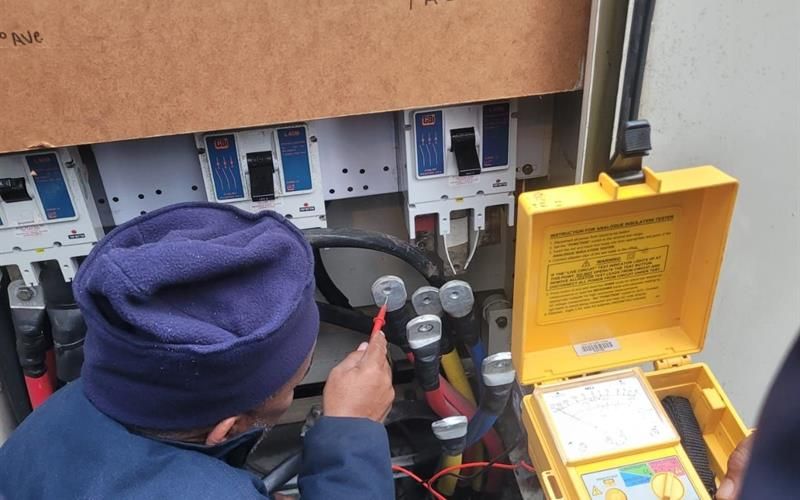The ongoing taxi strike in the Western Cape has brought the public transport system to a standstill, with devastating consequences. This strike has lasted over a week now, and as minibus taxis are responsible for transporting around 75% of public transport users in the area, or about a million passengers per day, the impact has been significant. The Western Cape Department of Mobility has stated that these taxis serve areas not usually covered by other public transport services.
The Importance of Taxi Industry in South Africa
The two main umbrella organisations, the South African National Taxi Council (SANTACO) and the National Taxi Alliance (NTA), are made up of approximately 1,200 taxi associations in the country. SANTACO, which leads the strike, represents over 123,000 individual taxi operators belonging to more than 950 minibus taxi associations nationwide.
To operate legally, taxis require a license regulated and approved by Provincial Regulatory Entities (PREs). SANTACO claims that in order to apply for a license, an operator must first join a taxi association, the membership of which can cost between R10,000 to R200,000. The taxi industry generates at least R100 billion per year, according to a 2021 report by the Competition Commission.
The Impact of Taxi Strike on the Economy
The predominant vehicles in the industry are the Toyota Quantum Ses’fikile and the Nissan Impendulo, with capacities of 13 to 16 passengers. In 2022, former Western Cape MEC for Transport and Public Works Bonginkosi Madikizela stated that the minibus taxi industry in the province generates about R1.5 million per day, compared to R240,000 for the Golden Arrow Bus Services and R35,000 for the MyCiTi bus service.
Associate Professor Andrew Kerr of the UCT School of Economics estimates that there are between 15,000 and 20,000 taxi drivers in Cape Town, which amounts to 7% to 10% of the national total of 200,000 to 250,000 drivers. A Department of Transport discussion document from September 2020 found that of 200,000 minibus taxis, about 63,000 to 100,000 operate illegally without a license.
The Negative Impact of Taxi Strike on Taxi Drivers
The ongoing strike has left thousands of drivers without income. One taxi owner and driver revealed that their daily target is between R800 and R1,000, varying depending on the route and day. Expenses such as petrol and wages for the sliding door operators significantly impact earnings. The driver, who purchased his secondhand taxi for R120,000 without insurance, noted that income fluctuates throughout the month, with higher earnings following payday, and a decline in income from the 5th of the month until the next payday.
Violence and Sabotage in the Taxi Industry
Violence in the minibus taxi industry is a significant concern. The Western Cape government’s 2021/22 annual report revealed that violence in the industry is at an all-time high, with 110 taxi-related murders and 71 attempted murders reported within the past year. A report from the Global Initiative Transnational Organised Crime estimated that half of all organised hits between 2015 and 2020 were related to the taxi industry.
Furthermore, the taxi industry has been accused of resistance against other forms of public transport like Golden Arrow buses, MyCiTi, and Metrorail. Since the start of the strike, 10 Golden Arrow buses have been torched. Incidents of sabotage have been recorded in recent years, such as stoning and burning buses, petrol-bombing MyCiTi buses, and setting Metrorail trains alight. The latter has caused significant damage to Cape Town’s Metrorail infrastructure, with the number of carriages shrinking from 90 in 2015 to 44 in 2018.
In conclusion, the Western Cape taxi strike has highlighted the significant reliance on the minibus taxi industry for both public transport and the region’s economy. Addressing the issues within this industry, including violence, illegal operations, and competition with other public transport services, is crucial for the region’s future.












